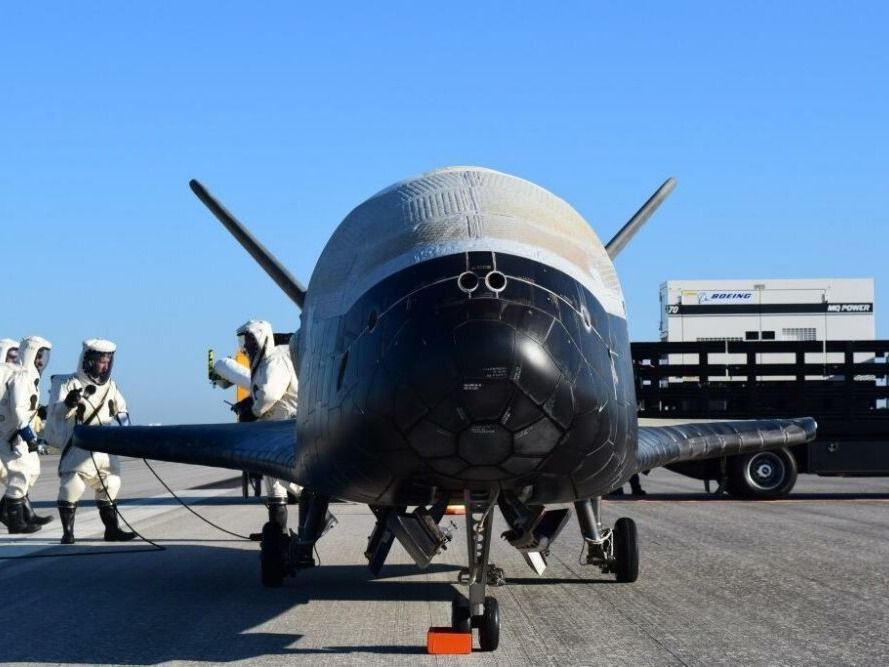WASHINGTON (AN) — America's "Space Force," signed into law on Friday as the military's first new branch in more than 70 years, sets up a potential test of international space law that could prompt the United States' withdrawal from yet another treaty.
U.S. President Donald Trump's signing of the 2020 National Defense Reauthorization Act included creation of a Space Force, one of his top political and national security priorities, as part of a US$1.4 trillion government spending package.








